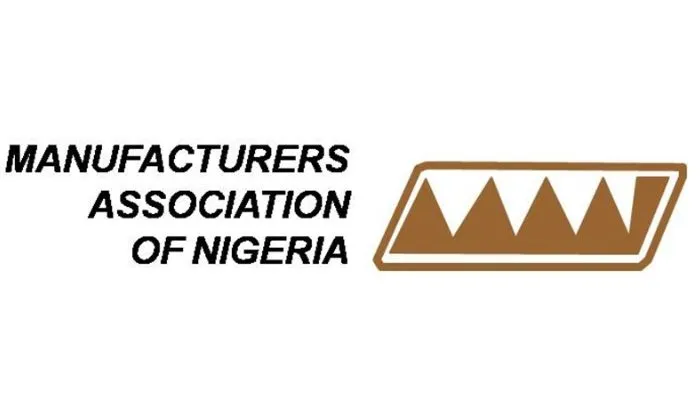BREAKING: ‘Nigeria First’ Policy Will Boost GDP By 56% – Manufacturers

Manufacturers Association of Nigeria (MAN) has described the federal government’s ‘Nigeria First’ policy directive as a long-awaited relief to the nation’s manufacturers, adding that, if well implemented, it would scale investments, and potentially boost GDP by 56 per cent, reduce unemployment by 37 per cent, and increase firms’ willingness to employ from 1.5 percent to 22.6 per cent.
The association, in a statement signed by its director general, Segun Ajayi-Kadir, on Tuesday, also expressed the strong belief that the policy would have a multiplier effect on the economy, leading to increased economic activity, and enhanced competitiveness of Nigerian industries.
It described the policy, aimed at prioritizing patronage of locally made goods and services, as a demonstration of the government’s commitment to promoting local industries, boosting economic growth, and creating jobs for Nigerians.
By giving preference to locally produced goods and services, the association argued, manufacturers would be able to stimulate demand, increase capacity utilisation, and attract investments into the sector.
MAN, therefore, stressed the need for all tiers of government, private sector entities, and individuals to support the initiative by patronizing made-in-Nigeria goods and services.
“This is with a special focus on uniformed government agencies and institutions (including the military and police), the legislature and quite importantly, the Presidency.
“All government contracts should prioritize the patronage of made in Nigeria materials. So the government needs to consult with manufacturers on the way forward to achieve effective and efficient implementation.
“The new directive is long overdue, and the government, being the biggest spender, would do well to lead by example. This will certainly send the right signals and raise consumer confidence in made in Nigeria products,” it stated.
The association also expressed its readiness to work with the federal government and other tiers of government, their agencies, and private sector organisations and businesses to actualise the ‘Nigeria First’ project.
